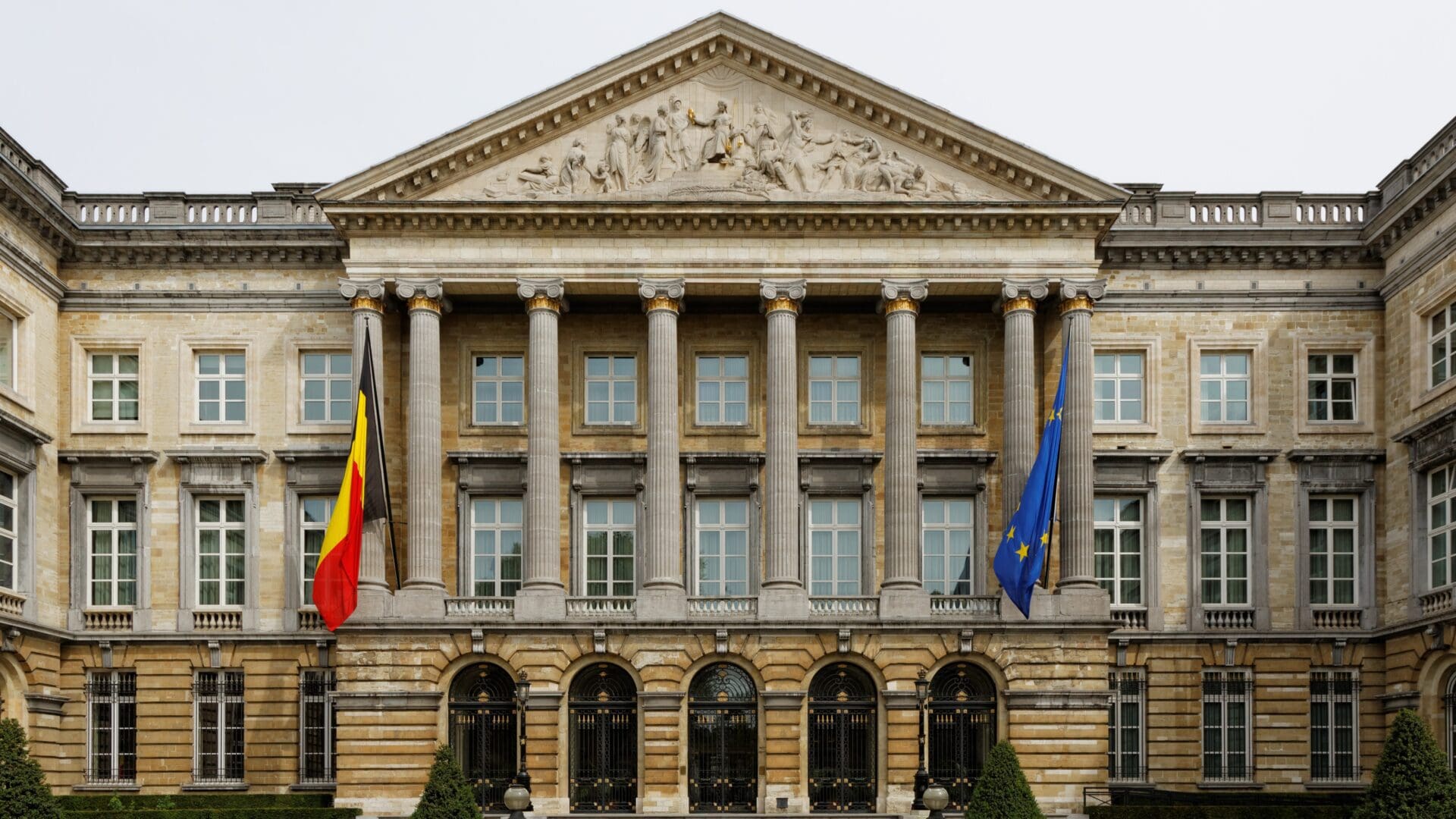The following is a translation of an opinion piece written by Lóránt Sümeghi, Chief Senior Analyst at Századvég Foundation, originally published on Mandiner.hu.
While the Belgian government is forced to tackle grave omissions regarding children’s rights as a result of its pro-immigration policies, the Federal Parliament is busy preparing the international groundwork for punishing Hungary.
Even in the weeks and months leading up to the child protection referendum in the wake of last year’s parliamentary elections, conservative circuits were already issuing numerous warnings and publications about the possibility that a result that would send a signal to the whole of Europe and empower the national side could cause serious international ripples. Interestingly, these ominous arguments warned not only of the dangers of deepening the political battle with Brussels, but also of the diplomatic battles that some unfriendly Member States might initiate in order to increase international pressure.
It goes without saying that, as we have so often seen in Hungarian politics over the past decade, in the context of these predictions, both domestic and global leftists have expressed cynical and explicit scepticism, making their aim clear:
to try and once again brand the national side as ‘fighting an imaginary enemy’ and ‘paranoid’.
However, despite the claims of progressive critics, after last year’s referendum, in which people endorsed the child protection initiative in record numbers, international developments regarding our country have shifted gears, confirming, almost point by point, the fears that had earlier been raised about Hungary’s sovereignty on this issue.
As a consequence, on the one hand, the European Commission, with unprecedented determination, has taken the infringement proceedings against Hungary, which have been ongoing for a year, to the judicial stage in order to bring the case before the European Court of Justice as soon as possible, and on the other hand—also confirming the validity of previous fears—
a total of fifteen Member States have volunteered to use part of their diplomatic resources to join the European action against Hungary.
And while the often uninformed protests of these Member States on this issue have not come as a great surprise, there is one country that has caught the attention of the more sensible half of Europe by blatantly applying a political double standard.
Belgium has recently adopted a human rights declaration in its own parliament, attacking Hungary and condemning the Hungarian Child Protection Act, while at the same time,
a pile of unresolved cases has been accumulating for more than a decade in the Belgian Interior Ministry and police system specifically related to child protection.
As the minutes of the Belgian parliament’s sittings show, the Foreign Affairs Committee of the Federal Parliament has called on the government of the country to initiate international proceedings against the discriminatory practices and threats to freedoms in Hungary under the Child Protection Act. According to the resolution, the Court of Justice of the European Union and the European Court of Human Rights (ECHR) could be competent in this matter, and it is therefore proposed that these institutions be involved.
However, the sincerity of the concerns of Belgian politicians about Hungary is cast into doubt by the fact that, according to statistics published by the Belgian police, the issue of forced marriages involving minors and illegal child marriages has been an unresolved problem for more than a decade in Belgium,
and this raises the issue of genuine children’s and human rights violations committed on the watch not only of the Belgian authorities, but also of the legislature.
The exact extent of this challenge in Belgium is illustrated by the figures published each year by the specialised law enforcement agencies. In a ten-year period, between 2011 and 2021, the authorities recorded more than 160 (!) forced marriages, and most of the press reports stress that there are certainly more than three times that many illegal and violent marriages involving children in the country, which, however, unfortunately, remain hidden from the authorities for cultural reasons.
Nevertheless, it is not only these alarming figures that underpin the Belgian institutional system’s impotence in this matter but also, for example, the case of a 15-year-old Syrian girl who, a few years ago, went on hunger strike to prevent her from being separated from her illegitimate spouse because of the state’s inept intervention.
But if we look at the Belgian parliament’s resolution condemning our country through a European lens, our suspicion of double standards is only heightened. For, according to the resolution, Belgium is assuming that the Court of Justice of the European Union and the ECHR may have jurisdiction in this matter, despite the fact that their lax Western migration policies have led to similar failures of children’s rights in many other European Member States.
Without being exhaustive,
there is the case of Germany, where more than 800 forced marriages were registered in 2019 alone,
while in the Netherlands the authorities are aware of around 250 such cases per year; but in Sweden, Denmark, and France such cases are a constant test for the incumbent governments, too.
Nonetheless, the majority of Belgian politicians believe that, unlike the Hungarian Child Protection Act, these challenges presenting themselves in Belgium and in other Member States as well do not require a parliamentary resolution, nor do they require a procedure and review by the ECHR or other European institutions. The only question is whether in the certainly decisive European Parliament elections next year the more rational part of our continent will be able to recall such political excesses and, if so, it will be able to take the right decision when it goes to the polls, and finally move the long-awaited European realignment forward.
Related articles:
Click here to read the original article.








